Scientists Say
A weekly word defined, in a sentence and in context. Click here to find the alphabetized list.
-
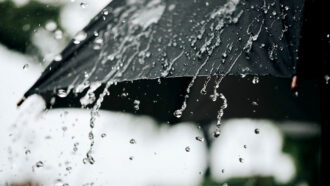 Climate
ClimateScientists Say: Weather
The state of the atmosphere in a specific place and time is weather. Over a long time, the weather conditions in an area will reveal its climate.
-
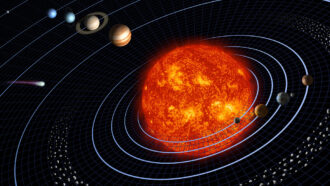 Space
SpaceScientists Say: Planet
Planets have to orbit a star, be big enough to form a sphere and keep other objects out of their path around their star.
-
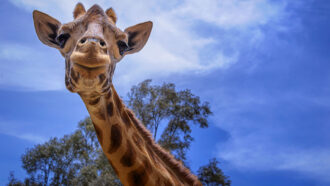 Math
MathScientists Say: Outlier
Data points often fall within a normal range. When one data point sticks out a lot, it might be an outlier.
-
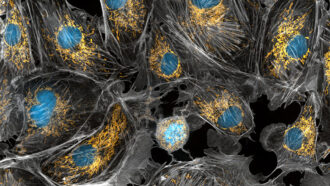 Animals
AnimalsScientists Say: Organelle
An organelle is a part of a cell with a particular function. Like organs. But for cells.
-
 Physics
PhysicsScientists Say: Piezoelectric
Piezoelectric materials produce an electric voltage when they are bent or squished. This can let us harvest electricity from movement.
-
 Health & Medicine
Health & MedicineScientists Say: Body Mass Index
This is someone’s weight in kilograms divided by the square of their height in meters. But it’s not a measure of someone’s health.
-
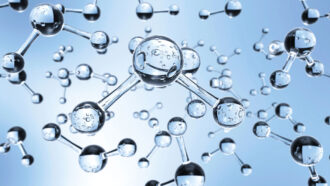 Chemistry
ChemistryScientists Say: Molecule
A molecule is a group of atoms linked with chemical bonds. It’s the smallest particle of a substance that has all of its chemical properties.
-

Scientists Say: Respiration
Breathe in and out, that’s respiration. Have a cell break down sugars for energy, and that’s respiration too.
-
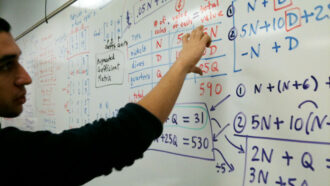 Math
MathScientists Say: Algebra
Algebra is a type of mathematics that studies symbols and how they can be shifted around.
-
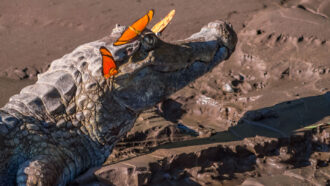 Animals
AnimalsScientists Say: Lachryphagy
Some insects land on the eyeballs of larger animals. They are seeking out the salt and proteins in the animal’s tears.
-
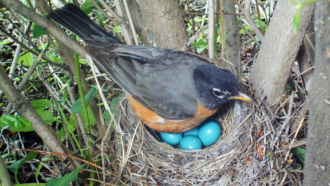 Animals
AnimalsScientists Say: Medullary bone
Medullary bone is a layer that forms inside bird and dinosaur bones. It’s a source of the calcium in eggshells.
-
 Physics
PhysicsScientists Say: Velocity
Velocity is more than speed. It is both speed and the direction in which an object is traveling.